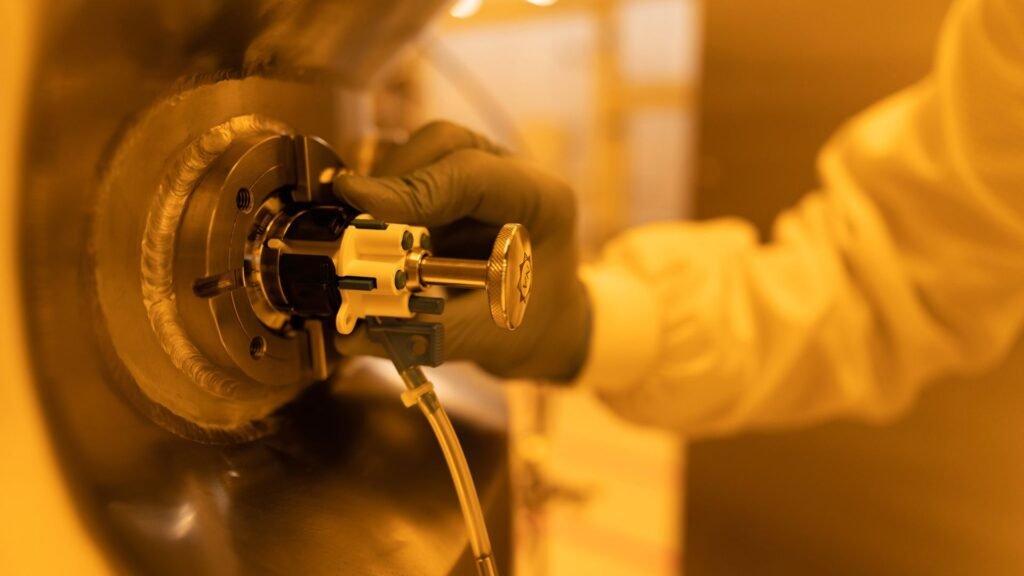Kosher certification ensures that food products meet Jewish dietary laws, a process traditionally managed through rabbinical oversight and meticulous inspection. As technology advances, it brings new tools and methods to enhance and streamline the kosher certification process. From smartphone apps and barcodes to blockchain technology, these innovations are transforming how consumers verify kosher products and how certifying agencies manage their operations.

The Role of Apps in Kosher Certification
Smartphone apps have revolutionized how consumers access information about kosher products. Many apps now offer comprehensive databases of kosher-certified items, helping users quickly find products that meet their dietary requirements. These apps often include features such as barcode scanning, allowing users to verify the kosher status of products by simply scanning the packaging.
Additionally, some apps provide real-time updates and alerts about kosher certification changes or recalls. This immediate access to information helps consumers make informed choices and stay updated on kosher standards. The convenience and accessibility of these apps have made it easier for people to adhere to kosher dietary laws, even in diverse or remote locations.
The Use of Barcodes for Verification
Barcodes have become a critical tool in the kosher certification process. They offer a quick and reliable way to track and verify the kosher status of products. Many products now include specific kosher certification barcodes, which can be scanned using apps or in-store systems to confirm their status.
The integration of barcodes into kosher certification helps streamline inventory management and reduces the risk of errors. It also allows for more efficient tracking of products through the supply chain, ensuring that kosher standards are maintained from production to retail. This technological advancement enhances transparency and trust in the kosher certification process.
Blockchain Technology and Kosher Certification
Blockchain technology, known for its use in cryptocurrencies, is emerging as a powerful tool for enhancing transparency and traceability in kosher certification. Blockchain offers a decentralized and immutable ledger that records every transaction and certification process. This technology provides a secure and transparent way to track the entire lifecycle of a kosher product.
By using blockchain, certifying agencies can ensure that every step of the certification process is recorded and verifiable. This reduces the potential for fraud and errors and provides consumers with a higher level of assurance regarding the authenticity of kosher claims. Blockchain technology also facilitates better communication and coordination among different stakeholders in the kosher certification process.
Benefits and Challenges of Technological Integration
The integration of technology into kosher certification offers numerous benefits, including increased accessibility, improved accuracy, and enhanced transparency. Apps and barcodes make it easier for consumers to verify kosher products, while blockchain technology provides a secure and transparent system for tracking certifications.
However, there are also challenges associated with these technological advancements. Ensuring that technology is used effectively and consistently across different certifying agencies is crucial. There is also a need for ongoing education and training to ensure that both consumers and certifiers can effectively use and interpret technological tools.
The Future of Kosher Certification
As technology continues to evolve, it is likely that new innovations will further enhance the kosher certification process. Future developments may include more advanced verification methods, improved data management systems, and greater integration of technology into every aspect of kosher certification.
Maintaining a balance between technological advancements and adherence to traditional kosher laws will be essential. By embracing new technologies while upholding the core principles of kosher certification, the process can become more efficient and accessible while preserving the integrity of Jewish dietary laws.
Final Thoughts
In conclusion, technology is significantly impacting kosher certification through apps, barcodes, and blockchain. These advancements offer greater convenience, accuracy, and transparency, helping consumers adhere to kosher dietary laws and ensuring the reliability of kosher certification. As technology continues to advance, it will play an increasingly important role in shaping the future of kosher certification and its practices.




